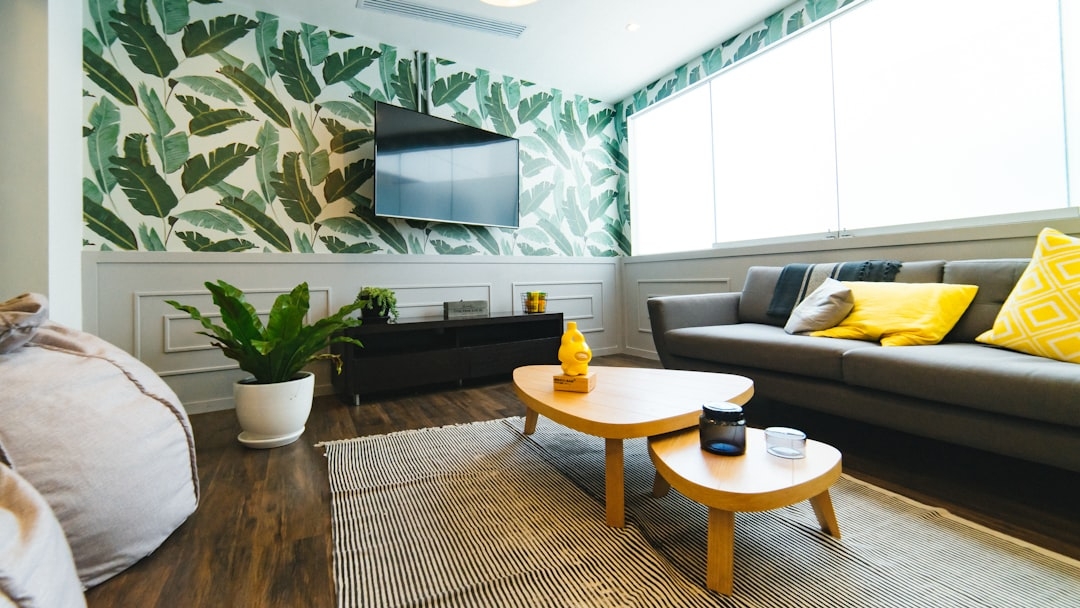

Creating a welcoming and functional space is crucial when it comes to hospitality fitouts. A well-designed space can make all the difference in how guests feel when they enter your establishment. It sets the tone for their experience and can greatly impact their overall satisfaction.
A welcoming space immediately puts guests at ease and makes them feel comfortable. It creates a sense of warmth and friendliness that encourages people to relax and enjoy themselves. This can lead to positive reviews, repeat business, and word-of-mouth referrals.
Functionality is equally important in a hospitality fitout. A well-designed space should flow smoothly, making it easy for staff to navigate and serve customers efficiently. This not only improves the guest experience but also increases productivity and reduces stress for employees.
By combining both welcoming design elements with functional layouts, you can create a space that not only looks great but also works seamlessly. This attention to detail shows that you care about your guests' experience and are dedicated to providing top-notch service.
In conclusion, creating a welcoming and functional space is essential for any hospitality fitout. It sets the stage for a positive guest experience, encourages repeat business, and improves overall efficiency. Investing in the design of your space is an investment in the success of your business.
Sustainable practices in hospitality fitout involve implementing environmentally friendly and socially responsible measures throughout the design and construction process. These practices not only benefit the environment but also contribute to cost savings, improved brand reputation, and enhanced customer experience.
Reducing Energy Consumption: One key aspect of sustainable hospitality fitout is reducing energy consumption. This can be achieved through the use of energy-efficient lighting fixtures, heating and cooling systems, and appliances. Implementing smart technology such as motion sensors and programmable thermostats can further optimize energy usage while providing a comfortable experience for guests.
Utilizing Recycled Materials: Another sustainable practice in hospitality fitout is using recycled materials whenever possible. This includes furniture made from reclaimed wood, carpets made from recycled fibers, and countertops made from recycled glass or plastic. By incorporating these materials into the design, hotels can reduce their carbon footprint and support a circular economy.
Promoting Water Conservation: Water conservation is another important aspect of sustainable hospitality fitout. Installing low-flow faucets, toilets, and showerheads can significantly reduce water usage without compromising guest comfort. Additionally, capturing rainwater for irrigation or using greywater recycling systems can further minimize water waste.
Embracing Green Certifications: To demonstrate their commitment to sustainability, many hotels seek green certifications such as LEED (Leadership in Energy and Environmental Design) or BREEAM (Building Research Establishment Environmental Assessment Method). These certifications recognize buildings that meet specific criteria for energy efficiency, water conservation, waste management, and indoor air quality. By obtaining these certifications, hotels can showcase their dedication to environmental stewardship while attracting eco-conscious guests.
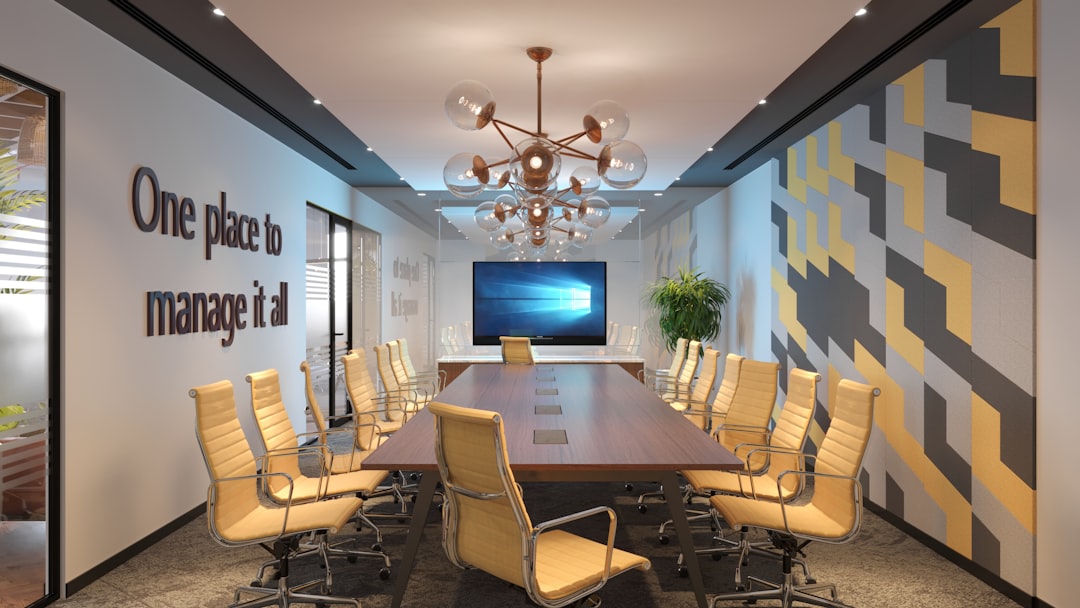
Designers and contractors play a crucial role in commercial office fitout projects.. Designers are responsible for creating the overall layout, flow, and aesthetic of the space.
Posted by on 2024-10-16
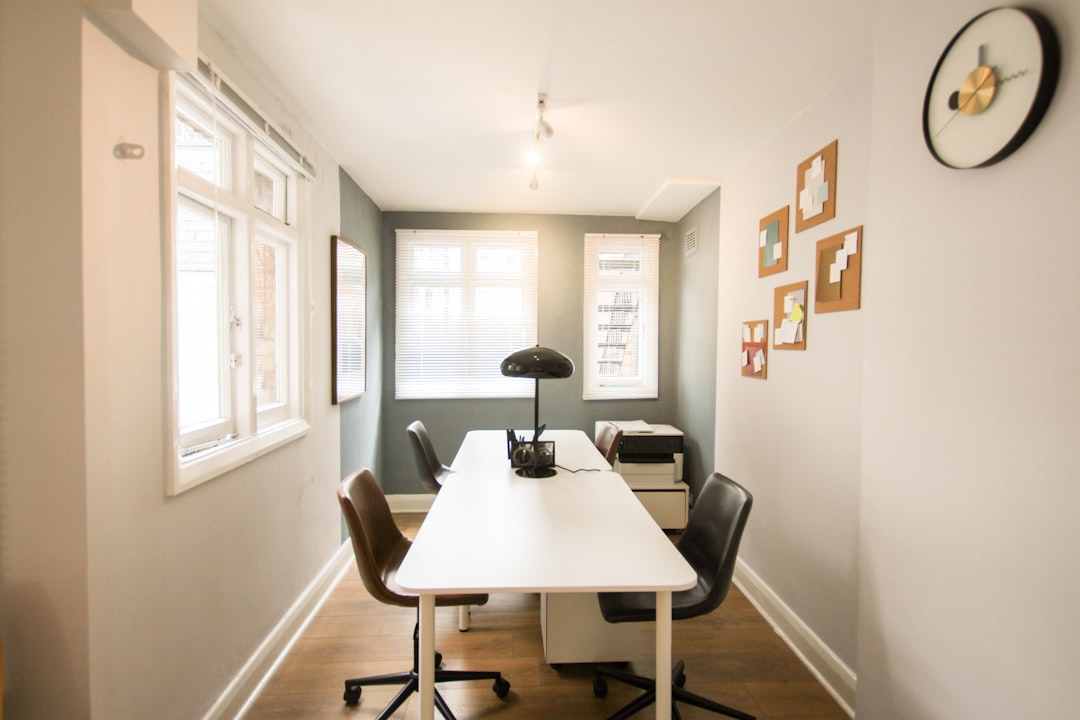
Boosting productivity and morale in the workplace is crucial for any organization looking to achieve success.. One effective way to do this is through professional fitouts.
Posted by on 2024-10-16
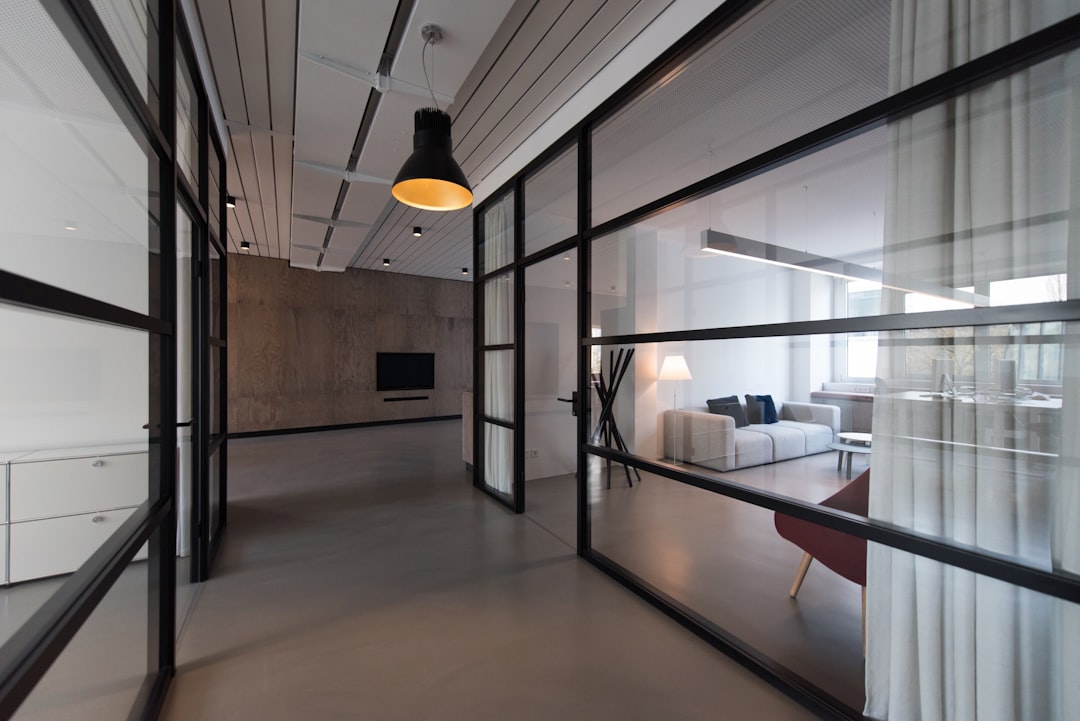
When planning a commercial office fitout, there are several important factors that should be taken into consideration.. One of the most crucial factors is the layout and design of the office space.
Posted by on 2024-10-16
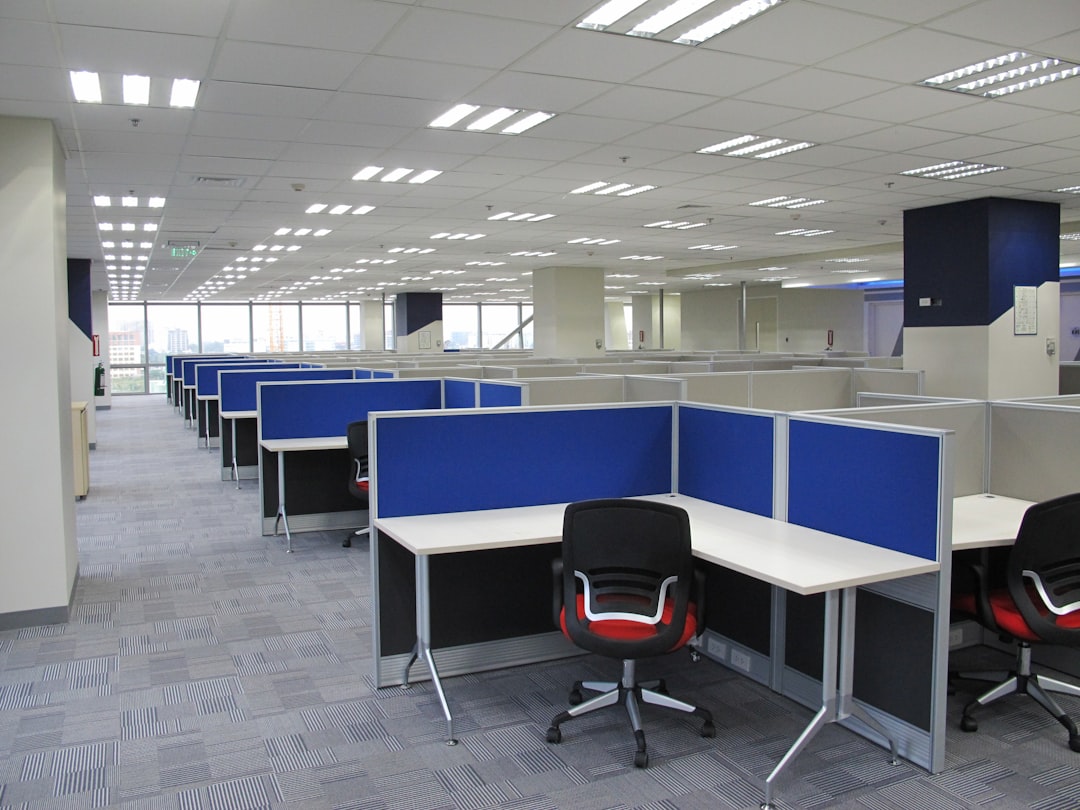
Investing in a professional office fitout can bring numerous benefits to your business.. From improving employee productivity to creating a positive first impression on clients, a well-designed office space can have a significant impact on the success of your company. One of the key benefits of investing in a professional office fitout is the boost it can provide to employee morale and productivity.
Posted by on 2024-10-16
One of the key aspects of creating a successful hospitality venue is the design and fitout of the space. Trends in hospitality fitout and interior design are constantly evolving to meet the changing needs and preferences of customers. Here are some of the latest trends that are shaping the industry:
Sustainability and eco-friendly design: With increasing awareness about environmental issues, many hospitality venues are incorporating sustainable practices into their designs. This includes using recycled materials, energy-efficient lighting, and water-saving fixtures. Customers are increasingly looking for eco-friendly options when choosing where to dine or stay, making sustainability a key consideration in hospitality fitouts.
Biophilic design: Biophilic design focuses on bringing elements of nature into indoor spaces to create a more calming and rejuvenating environment. This trend can be seen in the use of natural materials like wood and stone, as well as living green walls and indoor plants. Biophilic design has been shown to have a positive impact on customer well-being and satisfaction, making it a popular choice for hospitality fitouts.
Flexible spaces: As customer preferences continue to evolve, hospitality venues are moving towards more flexible layouts that can easily adapt to different uses. This includes movable furniture, modular partitions, and multipurpose areas that can be used for dining, events, or coworking spaces. By offering versatile spaces that can cater to a variety of needs, venues can attract a wider range of customers.
Technology integration: Advancements in technology are also influencing trends in hospitality fitout and interior design. Many venues now offer amenities like smart lighting systems, wireless charging stations, interactive menus, and digital signage. Technology is being used not only to enhance the customer experience but also to streamline operations behind the scenes.
Local flavor: In an effort to stand out from chain restaurants and hotels, many hospitality venues are embracing local culture and heritage in their designs. This could mean incorporating artwork by local artists, using traditional craftsmanship techniques, or showcasing regional cuisine. By celebrating what makes their location unique, venues can create a sense of place that resonates with customers.
Personalization: Finally, personalization is becoming increasingly important in hospitality fitout and interior design. Customers today expect tailored experiences that cater to their individual preferences and needs. Venues are responding by offering customizable options like private dining rooms with personalized menus or guest rooms with bespoke amenities. By providing personalized experiences, venues can build stronger connections with their customers and increase loyalty.
Overall these trends reflect the ever-changing landscape of hospitality fitout and interior design as businesses strive to create memorable experiences for their guests while staying ahead of the competition.

Sustainable practices such as using eco-friendly materials, energy-efficient lighting fixtures, water-saving plumbing fixtures, recycling programs, and promoting sustainable transportation options can all contribute to creating an environmentally friendly workspace.